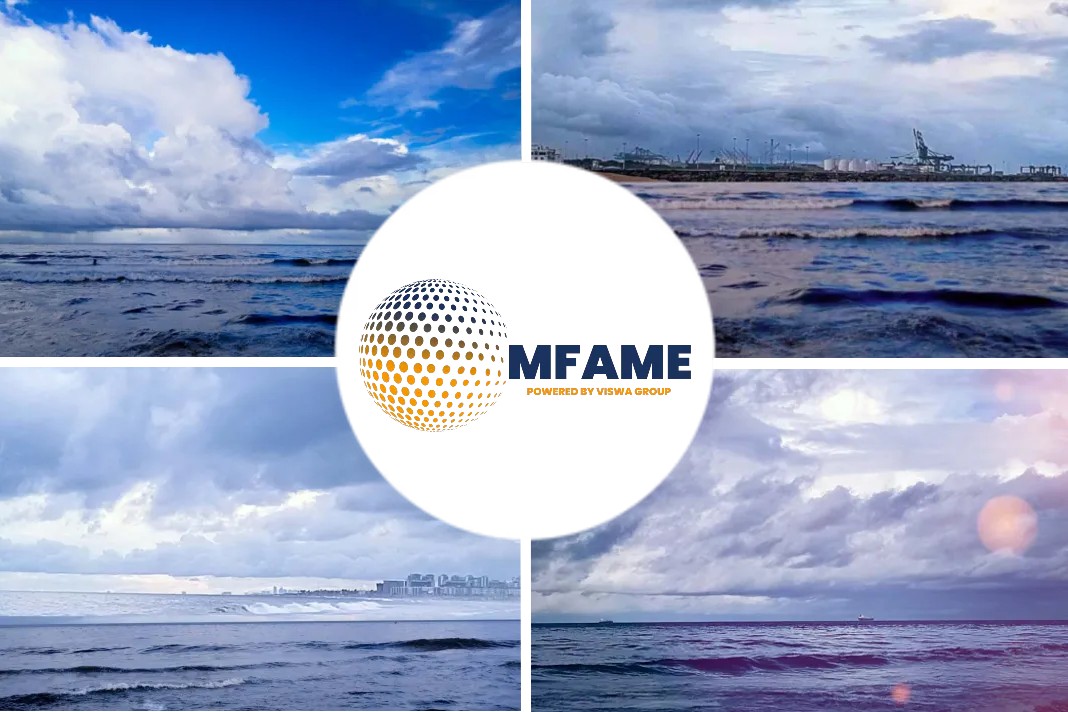
GCMD’s trailblazing biofuel blend trial marks a significant step toward greener maritime fuels and emissions reduction. The Engine.online source.
- GCMD’s innovative trial blends biofuel with LPG as pilot fuel, achieving a 20% emission reduction on a mid-sized gas carrier.
- Collaboration with maritime firm EPS and GoodFuels demonstrates potential for sustainable biofuel blends to meet decarbonization goals.
- Ongoing efforts by GCMD reflect strides toward a greener maritime industry through pioneering biofuel blending solutions.
Framework for Greener Shipping
In a pioneering effort to establish a framework for drop-in marine fuel, the Global Centre for Maritime Decarbonisation (GCMD) has undertaken its third supply chain trial of a biofuel blend. This initiative aims to pave the way for more sustainable and environmentally friendly options in the maritime industry.
Biofuel Blending on Trial
GCMD executed the trial on the Kaupang, a mid-sized gas carrier featuring an LPG dual-fuel engine. To enhance combustion in LPG-powered engines, a certain percentage of pilot fuel is traditionally required. However, by utilizing biofuel as a pilot fuel, the vessel not only improves combustion but also reduces emissions, according to Lynn Loo, GCMD’s chief executive.
A Green Blend in Action
During the trial, the Kaupang was bunkered with approximately 200 metric tons of B30 biofuel, a blend comprising 30% hydrotreated vegetable oil (HVO) and 70% marine gas oil (MGO). This eco-friendly blend, supplied by Dutch biofuel provider GoodFuels, was employed as a pilot fuel for the vessel’s LPG dual-fuel engine. Notably, the blending process took place onboard a bunker barge, differentiating this trial from previous endeavors.
Positive Emission Reductions
Collaborating with maritime firm Eastern Pacific Shipping (EPS), GCMD incorporated an element-based tracer within the HVO to validate its source and quantity within the biofuel blend. Results indicated a remarkable 20% net reduction in emissions compared to VLSFO (Very Low Sulfur Fuel Oil) on a well-to-wake basis. This trial aligns with the revised IMO indicative decarbonization checkpoint for 2030, showcasing the viability of utilizing LPG-based biofuel blends for greener shipping practices.
Did you subscribe to our daily newsletter?
It’s Free! Click here to Subscribe!
Source-engine.online






















